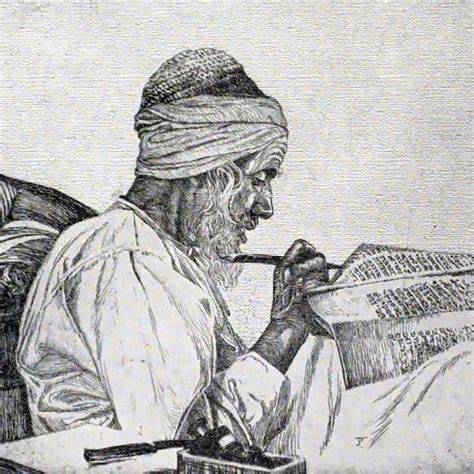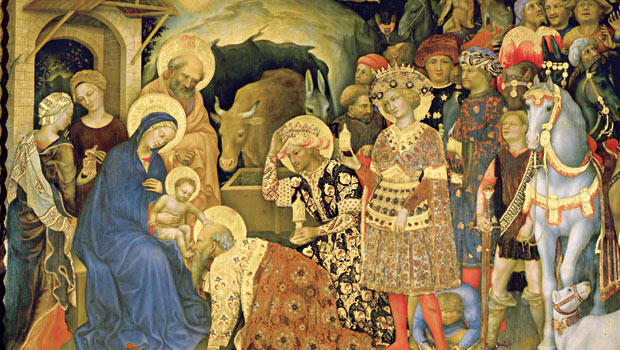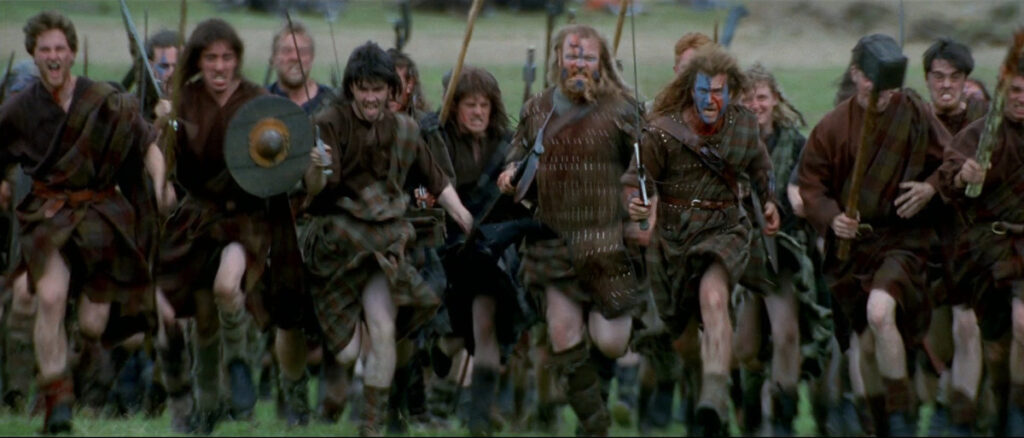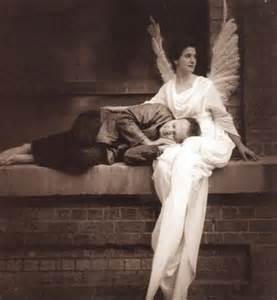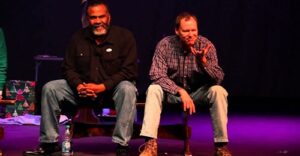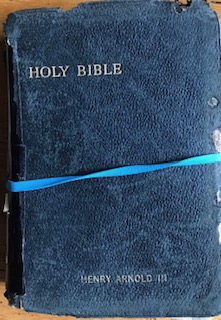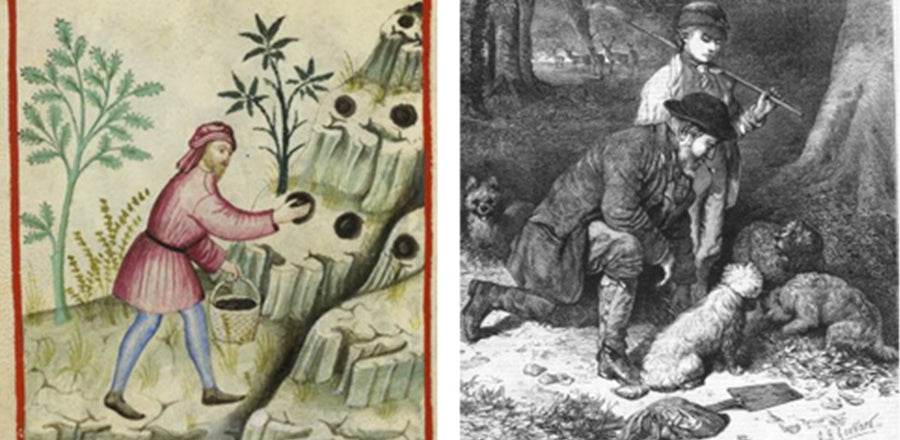They Gave Their Eyes to God
In my new novel The Singer of Israel, I devote some time to the process of writing the stories of Israel onto the scrolls. There were many stipulations for the scribes to follow as they wrote these sacred texts, but no document containing the words of Yahweh could be destroyed. They were stored, or buried, in a genizah—a Hebrew term meaning “hiding place.” These were usually kept in a synagogue or sometimes in a Jewish cemetery. You will have to read the novel to find where Samuel stored the scrolls that he reveals to David, the future king of Israel.
There are no original manuscripts of the Old Testament today. After Jerusalem was sacked by Rome in the First Century, the process of copying the Old Testament was lost. While a Hebrew version of the Old Testament did exist, the language wasn’t spoken by many, and the Greek and eventually Latin versions dominated.
Beginning in the Sixth Century and into the Tenth Century A.D., some European Jewish scribes continued a similar method for copying manuscripts of the Old Testament in the original Hebrew language as originated by the scribes before Christ.
Until 1948, the oldest manuscripts of the Old Testament dated back to 895 A.D. In 1947, a shepherd boy discovered some scrolls inside a cave West of the Dead Sea. These manuscripts dated between 100 B.C. and 100 A.D. Over the next decade, more scrolls were found in caves and the discovery became known as the Dead Sea Scrolls. Every book in the Old Testament was represented in this discovery except Esther. Numerous copies of each book was discovered (For example, 25 copies of Deuteronomy).
While there are other items found among the Dead Sea Scrolls not currently in the Old Testament, the OT items that were found have few discrepancies to the versions from the Tenth Century. While not perfect, this is our best measuring stick to how accurate the Jewish scribes were throughout the centuries. A shout-out to historian, Scott Manning, for these concise facts.
The ancient Hebrews were people of the Word. Since we know some of the ways the scribes worked in preserving these texts, I have taken the liberty to construct scenes within The Singer of Israel describing the labors of many who preserved the stories of ancient Israel. One can imagine the damage done to the sight of a scribe after years of such labor. It was a sacrifice to give their eyes to preserve the sacred word.

